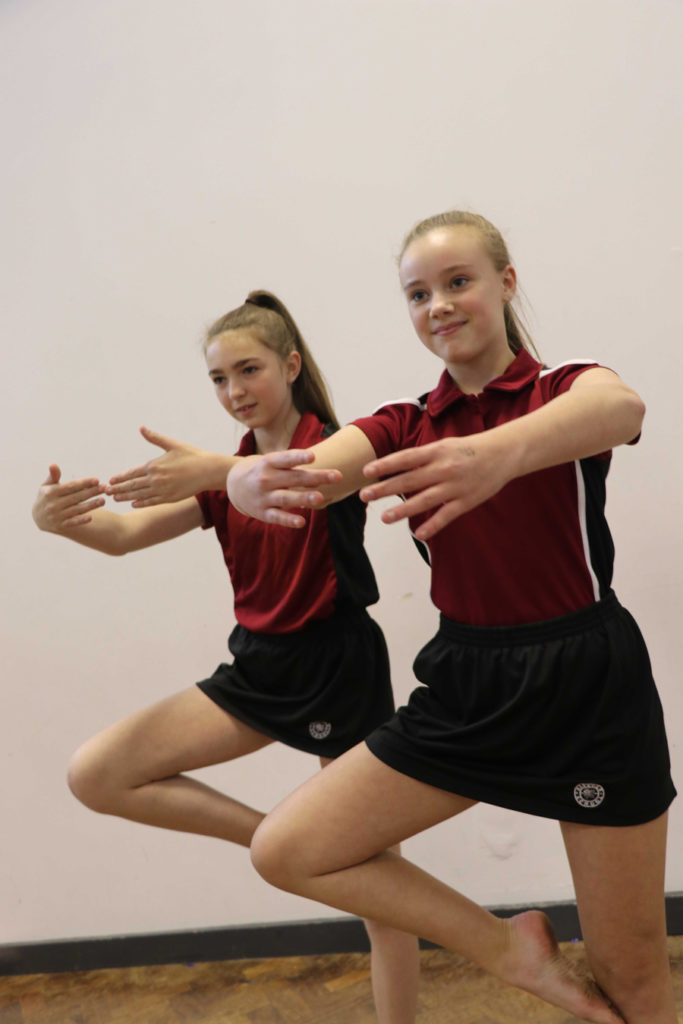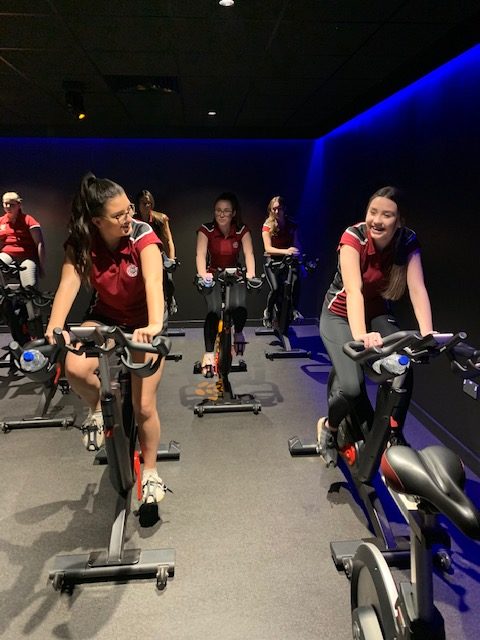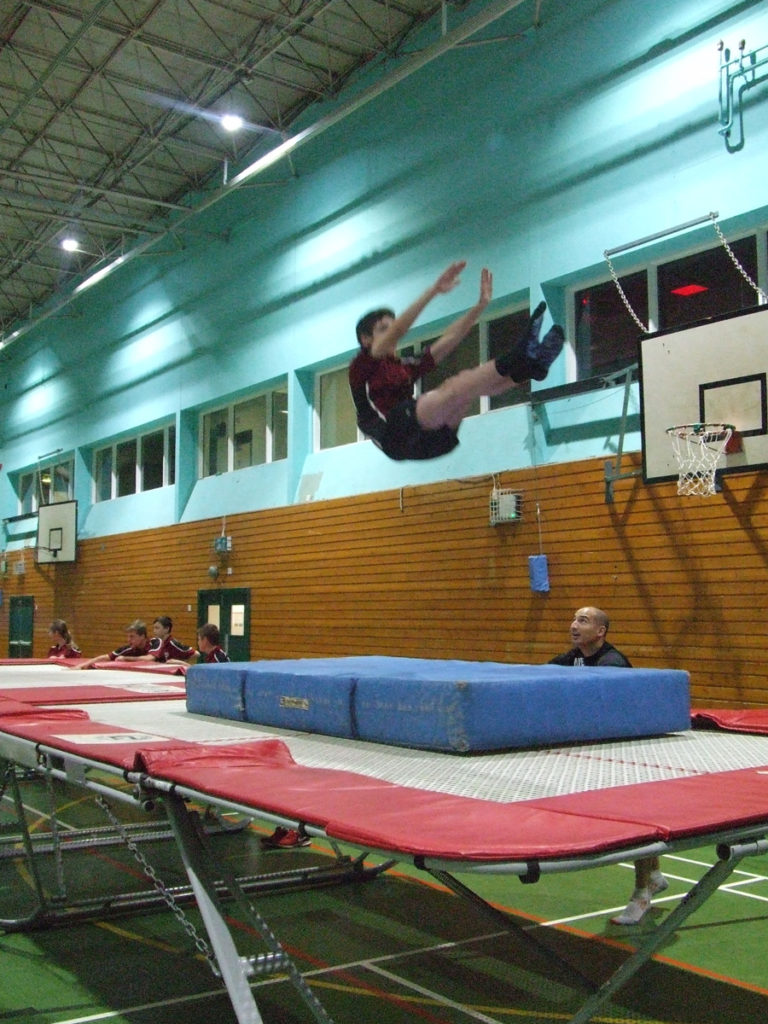The mission of Alsager School PE department is to foster a lifelong love for physical activity by improving knowledge, developing healthy bodies, and promoting a level of physical literacy which allows students to improve performance over time.
In key stage 3 all learners take part in a range of activities including team and individual games, swimming, gymnastics, outdoor and adventurous activities, and dance. Fitness and how to maintain active, healthy lifestyles are taught throughout all units.
Over the course of their studies students will build knowledge based around the following key themes:
- Attack
- Defense
- Formations
- Playing areas
- Rules and regulations
- Tactics
- Efficiency
- Safety
- Components of fitness relative to performance
Students will have opportunities to develop their knowledge of these areas through practical lessons. Lessons will have a skill focus, relevant to the activity and to enable improved performance over time.
PE has an integral role in developing life skills and personal development, as such, some core skills will overlap the units of work. We expect that by the end of key stage 3 all students can:
- Work effectively as part of a team.
- Understand the importance of physical activity in maintaining a healthy lifestyle.
- Understand the importance of sport in society.
- Demonstrate resilience by acting on feedback and being determined to improve.
- Follow rules and demonstrate the SPIRIT values at all times.
- Be able to swim well enough to preserve life in an emergency situation.
- Use their knowledge from other subjects to, for example, measure and time accurately, discuss trajectory, momentum, gravity, and the importance of being aerodynamic/streamlined.

In essence, we aim to help students to find an activity that they love. An activity that they may continue with outside of school and that ultimately will help them to lead a healthy, active lifestyle.
In Key stage four we offer two pathways: GCSE and Cambridge National. Both are great courses which allow students to pursue their love of sport. Through these courses you can improve your knowledge of anatomy and physiology and how changes in the body contribute to improved performance. We also learn about the effects of psychological preparation for sport and training.
Interview with a GCSE PE student.
What does it mean to be a PE student at Alsager School?
“In GCSE PE, you must have some levels of fitness to cope with demands on the practical side of things. However, your fitness will gradually improve over the course, as well as your theory knowledge! PE has lots of options for later in life, such as: Sport Analysis, Physiotherapy, Sports Science and many more. The skills and abilities which you learn will stay with you for the rest of your life. PE compliments Biology extremely well, as many of the things you will study in GCSE Biology – about the human body – you will go onto study in much greater depth in Physical Education.”
What skills have you gained from studying PE?
“I have learnt how to develop my own skills in practical sports, not only through physical skills but mentally as well, like how attitude to sport can greatly affect your performance. I have gained an understanding of the science behind sport including muscles and joints and how they affect movement. I also learnt what revising technique works for me, and how to remember and retain information learnt in class. The teachers help you find a way that works for you so you can achieve the best grade.”
Have your GCSE theory lessons helped you to understand how to improve your performance?
“When I first started the sports studies course in Year 9 I knew very little about the theory side of sport. However, now in Year 11 (after doing the course for almost 3 years) the practical and theory side of the course tie in nicely with each other as one of the topics is about changes of the body due to exercising. You are taught to see physical changes which are happening to your body whilst exercising (this happens during the practical side of things). The course teaches you how you can effectively complete a warmup, cool down and know how to recover from periods of exercise which is vital for preventing injuries and overall improves your performance.”
How have you been challenged in your GCSE lessons?
“The practical lessons can be physically challenging whilst extremely rewarding at the same time. In the course there have been numerous sports which I have done which vary in intensity, but your teachers are always there, watching, to guide you through on how to improve and develop your technique as well as your performance. In the classroom, some of the work can be difficult but it is achievable. There are regular tests over the course and knowledge recaps which require you to revise, however if you do revise and put the effort in, you will be glad. We get set regular homework, whether that be research on a certain sport, revision or finishing work off from class, by developing answers. The homework comes with some challenges but if you are on top of the theory work then you can see your grades start to boost in the future according to the effort which you put in.”
What do you enjoy most about GCSE PE?
“There are a variety of factors which I have enjoyed during the course. The practical side is enjoyable and fun, and there are bonuses. in Year 9 we went to Staffordshire University Sports Campus for the day to be coached by students studying sport with Staffs Uni. More so, the PE department run a sport tour every few years. I travelled twice to Flachau, Salzberg (February 2018 & 20) in the Austrian Alps on the tour and got the chance to film my skiing which contributed to my GCSE PE practical grade. The theory side is interesting, especially the Paper 1: anatomy, fitness and training which interlinks with Biology, so helps you in both subjects!”
What do you know now that you did not know before you studied GCSE PE?
“That PE isn’t just about sports and learning different skills to use in sport but that there’s science behind the sport and how different factors have effect on how you play the sport like lifestyles and even attitudes towards the sport. Also, that there is more to the whole GCSE than just how you play a sport, you can get a high grade still even if you are not the best at practical sports.”









